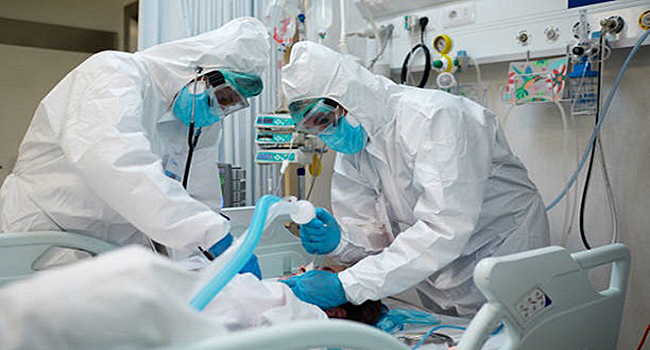
If you or a loved one has ever been admitted to the ICU and required mechanical ventilation, you know how critical it is for medical professionals to optimize your treatment. It is also important to determine the factors that might affect the prognosis of your patient.
A clinical study has shed light on the relationship between mechanical ventilation and mortality in ICU patients without acute respiratory distress syndrome (ARDS).
Mechanical ventilation is a technique of artificial respiration where a machine takes over the work of breathing in patients who cannot breathe on their own. Mechanical power (MP) is a measure of how much energy is being delivered to a patient's lungs during mechanical ventilation. It takes into account various factors, including the volume of air being delivered, the pressure required to deliver it, and the patient's respiratory rate.
Essentially, mechanical power gives doctors a way to measure the stress being placed on a patient's lungs during ventilation.
The study investigated the relationship between mechanical power and the mortality rate in ICU-admitted patients not suffering from ARDS.
The clinical study, conducted by a team of international researchers, analyzed data from three previously conducted clinical trials involving ICU patients who required mechanical ventilation but did not have acute respiratory distress syndrome (ARDS). The team analyzed the relationship between mechanical power and mortality rates in these patients.
The study's results were striking. The researchers found that patients who received mechanical ventilation with lower mechanical power had significantly lower mortality rates than those who received higher mechanical power. It showed that the mortality rate at both day 28 and day 90 was significantly higher in those patients who had received a higher mechanical power for ventilation. Additionally, the length of stay in the ICU and the hospital were also prolonged for patients receiving higher mechanical power ventilation.
